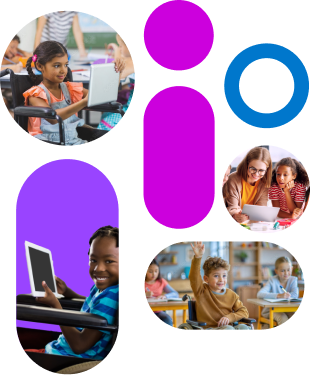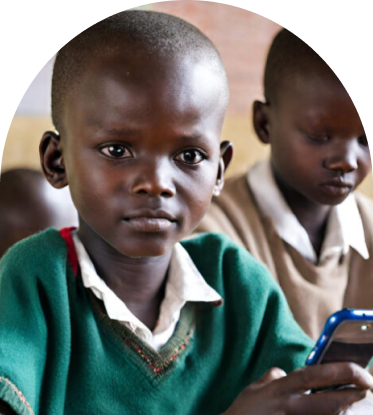Global education
Every child deserves the opportunity to learn. The lack of accessible resources, coupled with inadequate teacher training and persistent social stigma, creates a significant achievement gap for students with print disabilities in developing countries.
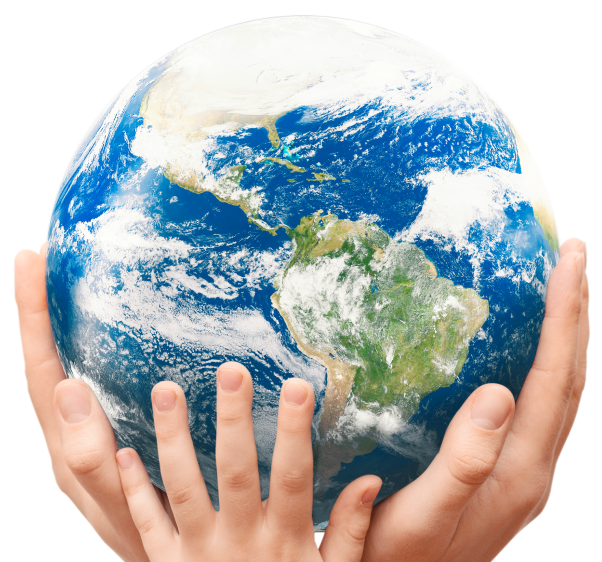
Educational challenges for students with print disabilities in developing countries
Print disability encompasses a range of conditions that hinder the processing of printed information.
This can include visual impairments, learning disabilities, and certain physical limitations. In developing countries, students with print disabilities face substantial obstacles
in accessing quality education.
Key challenges:
Limited accessible materials
The scarcity of textbooks and educational materials in alternative formats, such as Braille, audiobooks, or digitally accessible formats with screen reader compatibility, creates a significant barrier to learning.
Inadequate teacher training
Educators often lack the training and specialized tools required to effectively teach students with print disabilities. This can hinder their ability to adapt learning methodologies and cater to diverse learning needs.
Negative societal attitudes
Prevalent stigma surrounding disabilities can lead to the exclusion of students with print disabilities and limit their opportunities for full participation in the educational system.
Specific considerations:

Visual impairment:
Students who are blind or visually impaired require specialized equipment such as expensive Braille readers or screen readers with compatible software. The cost and availability of such assistive technologies can be a major challenge in developing countries.
Learning disabilities:
Learning disabilities like dyslexia can significantly impede a student’s ability to decode written language. Effective learning in such cases requires alternative instructional methods and assistive technologies, which schools in developing countries may not have access to.
Promoting technological solutions for print-disabled
learners in developing countries
Addressing the disparity:
While advancements like screen readers have demonstrably improved access to information, a substantial discrepancy persists between the demand for accessible learning materials and the capacity to create and deliver them. Traditionally utilized braille and audio formats are no longer the most cost-effective solution for this growing population.

A cost-effective approach:
The conversion of existing printed materials into accessible digital formats presents a novel, economically viable method of expanding access to educational resources. This, coupled with the widespread availability of smart devices (Android phones with external keyboards or laptops) and targeted training programs, has the potential to revolutionize the educational landscape for PWD learners.
- Technological innovations such as screen readers are instrumental in unlocking educational opportunities for PWD students.
- The conversion of printed materials to digital formats offers a cost-effective and scalable solution.
- Equipping PWD learners with smart devices and providing them with appropriate training empowers them to actively participate in the learning process.
This comprehensive approach paves the way for the creation of an “equal playing field” for PWD students, enabling them to pursue higher education in previously unattainable fields. By harnessing the power of technology and fostering an inclusive learning environment, we can empower PWD learners to reach their full potential.
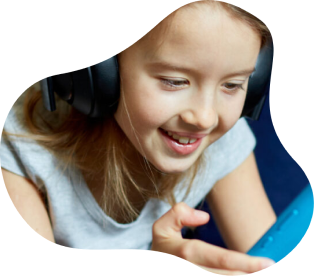
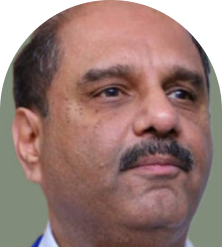
Dr. Homiyar Mobedji: a global leader in assistive technology and digital inclusion
Dr. Homiyar Mobedji is a recognized authority in the field of assistive technology and digital inclusion, with a distinguished career focused on empowering individuals with disabilities in the developing world.
Key contributions:
Strategic leadership at Benetech: Dr. Homiyar spearheaded the expansion of Benetech, a prominent social impact organization, into developing regions. This strategic move significantly increased access to digital literacy and inclusion initiatives for individuals with print disabilities.
Championing Bookshare: He played a vital role in the promotion of Bookshare, the world’s largest accessible library. Bookshare’s extensive collection of ebooks in accessible formats empowers individuals with visual impairments, dyslexia, and other reading challenges to become active participants in society.
Promoting affordable accessibility solutions: Recognizing the limitations of expensive technology, Dr. Homiyar championed the development of affordable tools that leverage readily available devices like smartphones and laptops,. These accessible solutions bridge the digital divide, enabling the blind and print-disabled to engage with educational content and be prepared for employment prospects.
Global impact through collaboration: Dr. Homiyar’s vision extended Benetech’s reach beyond borders. Through strategic partnerships with local publishers, education departments, and volunteers in Africa, South Asia, and beyond, he ensured the inclusion of culturally relevant content within Bookshare, fostering global access to educational resources.
Advocacy for inclusive education: Dr. Homiyar transcends the role of a technologist by actively advocating for inclusive education policies. He collaborates with governments, non-profit organizations, and educators to promote digital accessibility and champion personalized learning experiences for all, regardless of ability.
Are you a global partner or potential funder/investor?

Global news
Catch up on our latest global news:
Our partners
We are grateful for the support of our international funders







Invest in education for all
